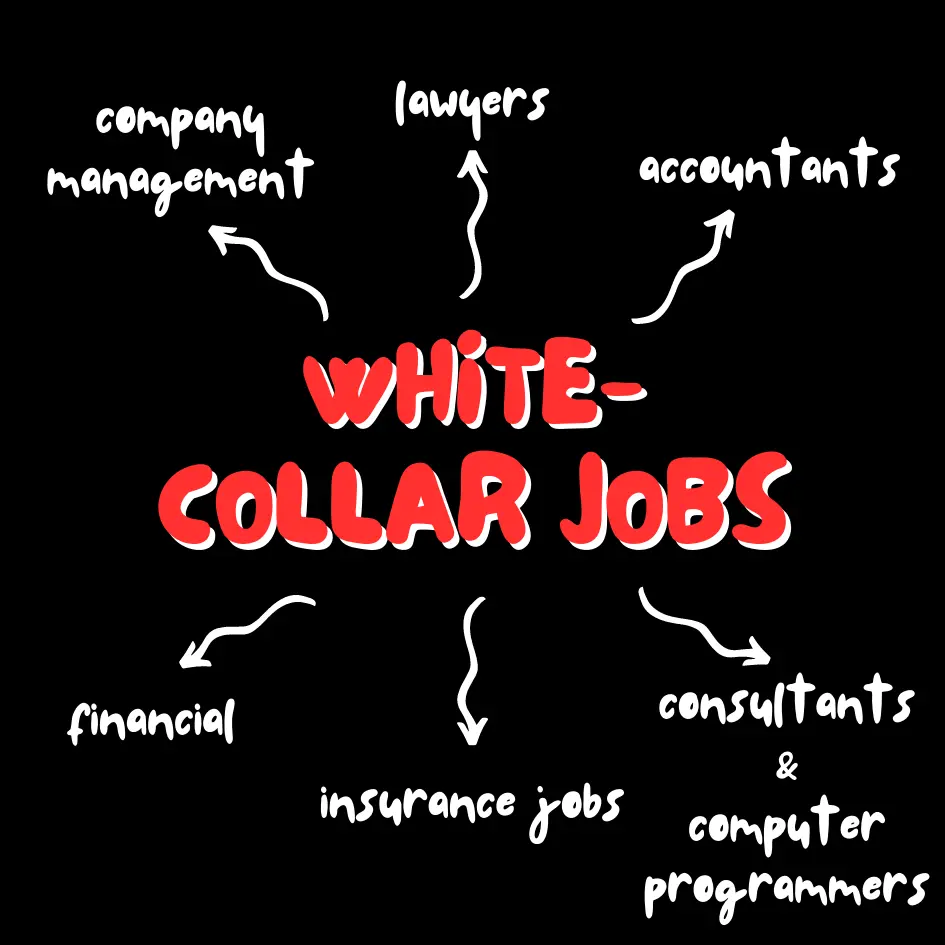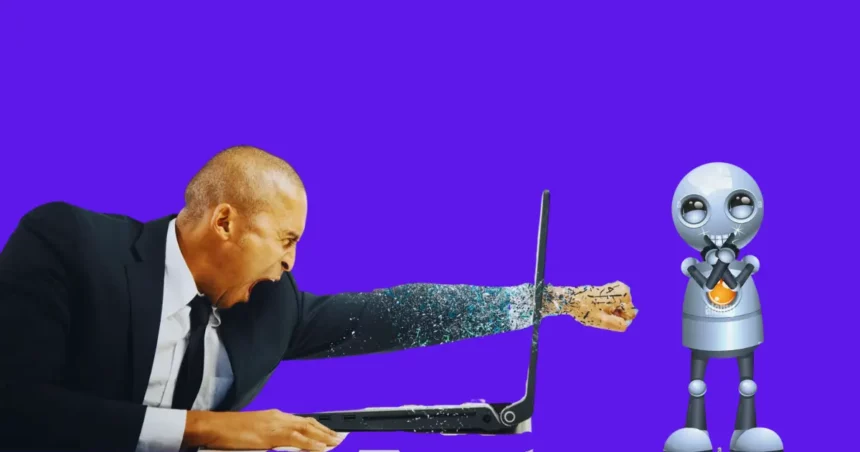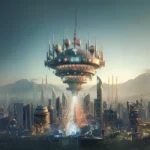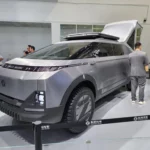Do you think the advancement of AI will ultimately destroy laptop-class workers and displace professionals such as authors, human resource officers, attorneys, writers, artists, and coders? In my opinion, the progression of AI may indeed result in such outcomes. The future has become highly unpredictable, with AI solving problems and revolutionizing industries. It’s only a matter of time before students become the only ones carrying laptops. AI and its companions are here to stay and will undoubtedly transform the world as we know it.
The emergence of artificial intelligence is fueling an economic transformation that will profoundly impact the world, possibly leading to social and economic upheavals similar to the Industrial Revolution and the rise of the internet in the next decade. As AI technology continues to develop, it is likely to result in the displacement of many professionals, such as authors, human resource officers, attorneys, writers, artists, and coders, leading to the gradual demise of the laptop class. Meanwhile, blue-collar workers who rely on manual labor will continue to have job security as technology cannot easily substitute their services. Unfortunately, for many young people, the advice to “learn to code” may be as useless as buying typewriters.

The pace at which artificial intelligence is advancing is cause for concern. Recent developments like programs that mimic human dialogue, replicate speech, produce research papers, and generate stunning imagery are just glimpses of the impending AI revolution. The impact of AI-generated video games, music, art, and even movies will undoubtedly transform our daily lives in the future. We may witness a time when a book by John Steinbeck or an economic treatise by Thomas Sowell could be created with a simple summary and a computer click.
Shortly, hundreds of professions that traditionally require a college degree will be rapidly transformed by advancements in artificial intelligence. Unfortunately, the people who flourished during the pandemic, particularly those in the knowledge economy who can work from home on their computers, will be most affected by these changes. Within the next five years, AI technology is expected to surpass human abilities in various tasks involving typing on a keyboard. Chatbots will take over most online writing tasks, AI leaders will emerge, and code will be created in a fraction of the time it currently takes humans. It may result in job displacement for many laptop-class workers. For instance, graphic designers could face competition from image generators, and accountants and financial experts may find that computers can outperform them in specific tasks. Already, ChatGPT is assisting programmers with fundamental code and can replace many of the skills required to create a website. The chat service has even completed an MBA and law test, highlighting the potential for AI to transform the job market.
With the advancement of AI, some white-collar jobs will be more affected than others. Those who are innovators or experts in their fields will still be able to earn a decent salary. Workers whose jobs depend on the personality and face-to-face interactions will likely be less impacted. After all, would you prefer to receive legal, financial, or healthcare advice from a machine or a natural person? However, the trend towards a nearly labor-free creative world may lead to fewer white-collar jobs.

The upcoming economic shift will be like a reverse Industrial Revolution. Professions that require practical skills will provide more job security than “knowledge economy” jobs that algorithms can replace. AI cannot build a house, fix plumbing issues, give haircuts, or install lights in a public space. Blue-collar workers will still have an advantage in these areas, although AI can make their jobs easier by providing new tools and techniques. In short, while AI will threaten some white-collar jobs, practical skills, and hands-on work will continue to be valuable.
Computers will hold general knowledge while humans will apply practical knowledge, resulting in job loss and social ramifications. The fast pace of tech and societal change may lead to frequent job market shifts.
Interestingly, despite the high demand for engineers and scholars, many careers in STEM fields may be heavily impacted by AI. In the past, society prioritized white-collar principles over blue-collar experience, which may have been a mistake. Pushing students towards STEM degrees over social science may not be the solution.
As AI rapidly changes everyday life, many Americans will be surprised by the powerful shifts. However, no matter how advanced AI becomes, there will always be a need for skilled laborers who can repair and maintain machinery.









